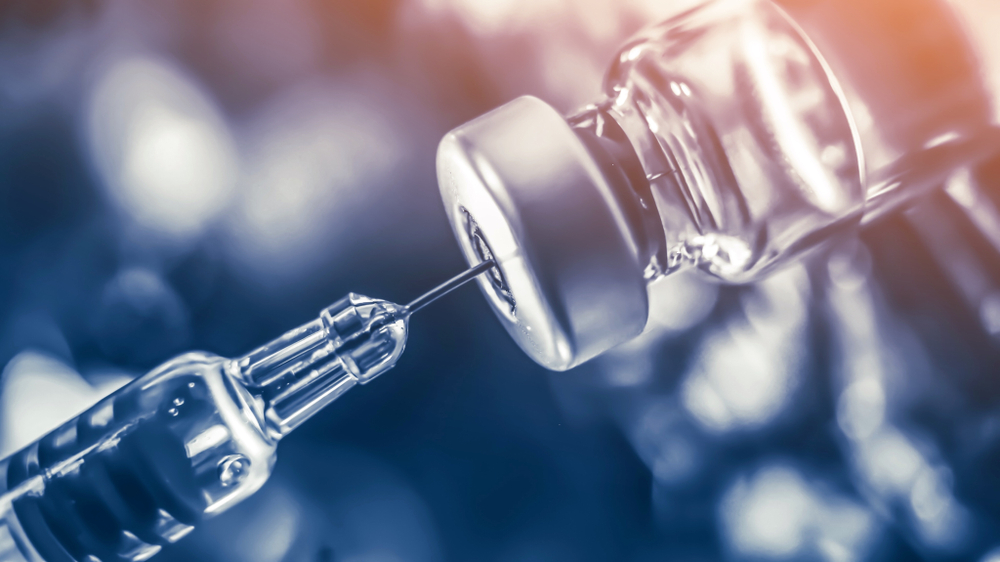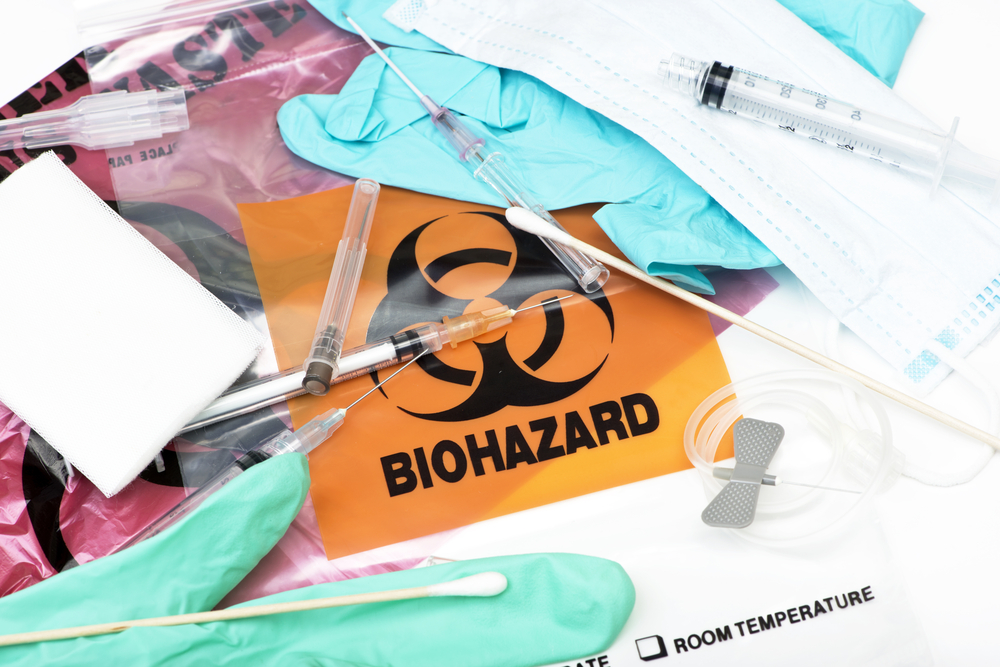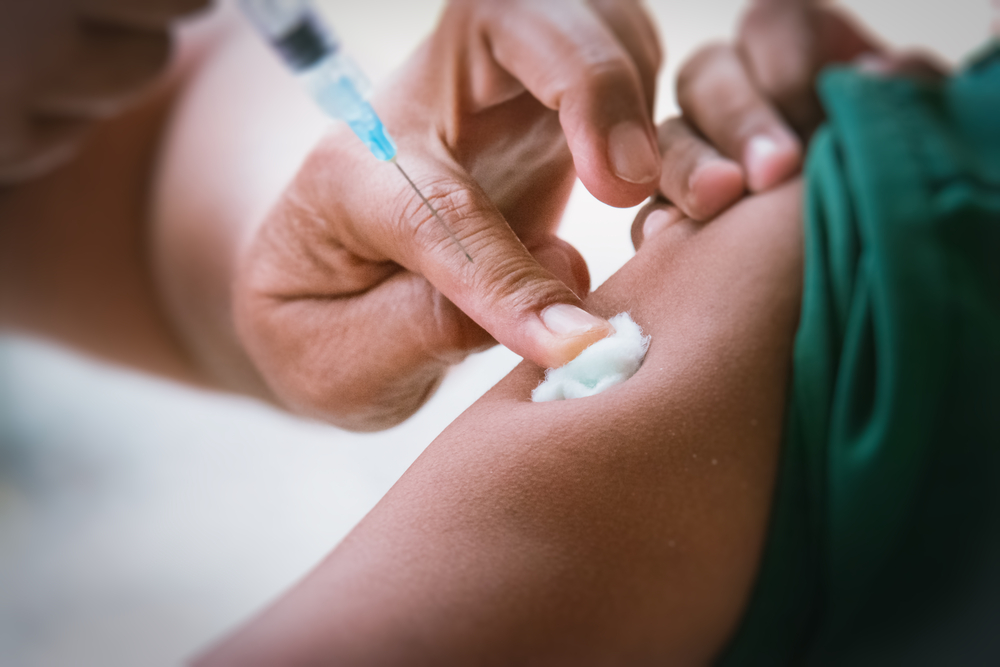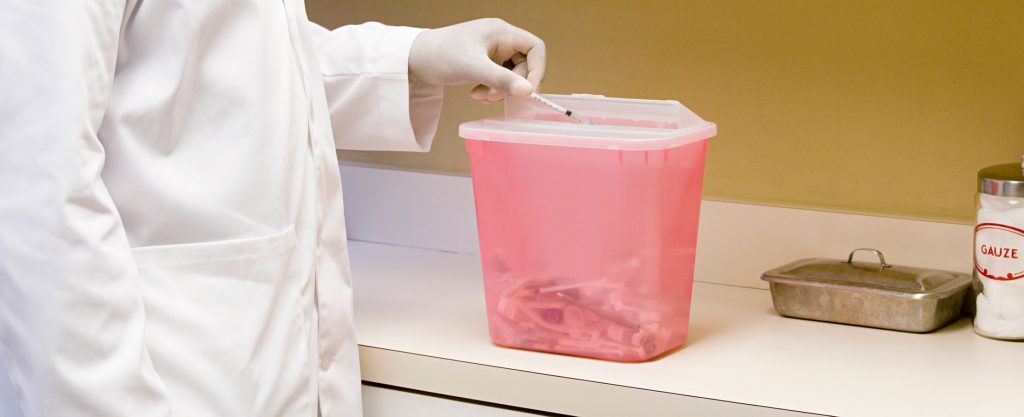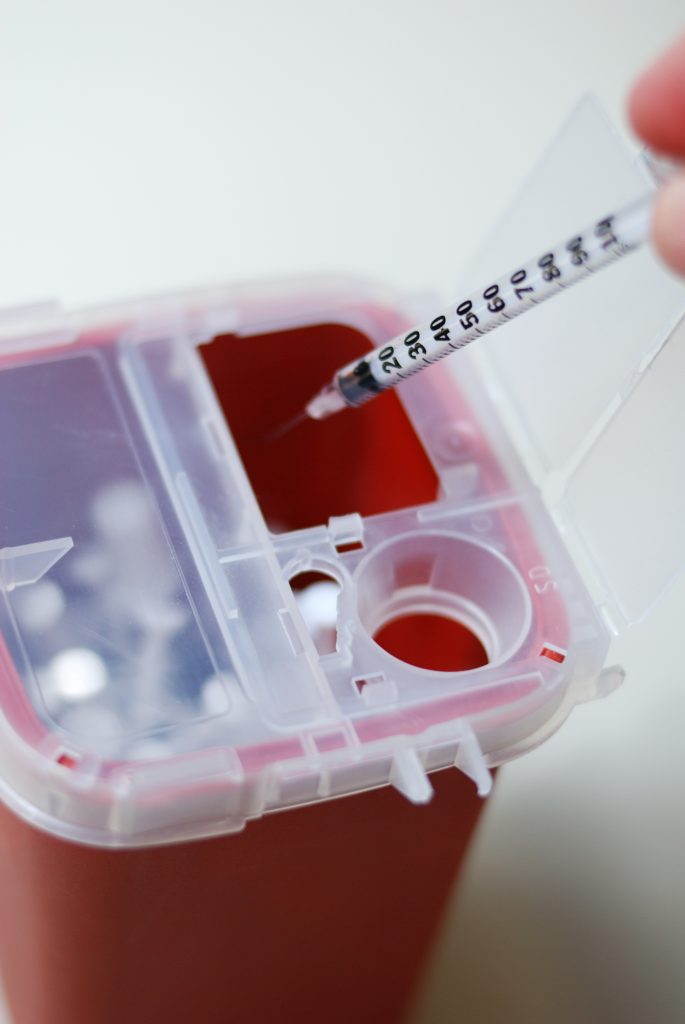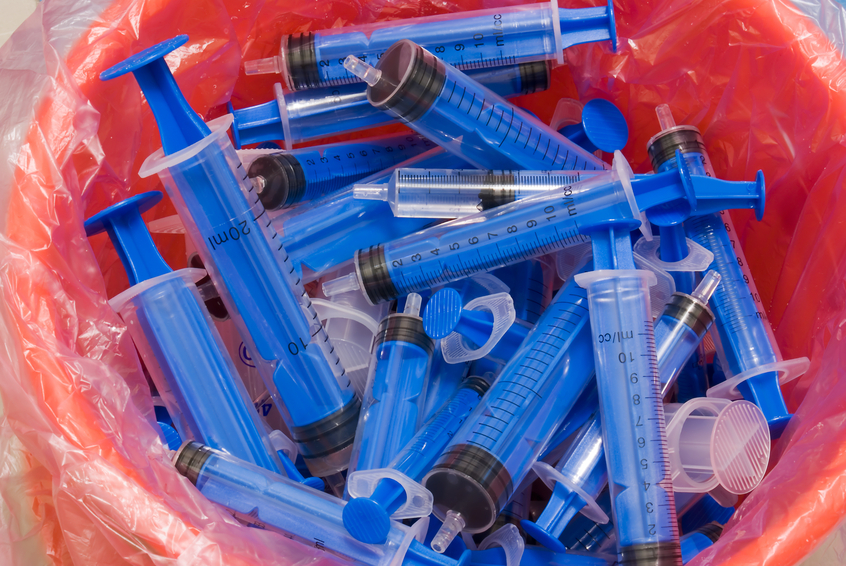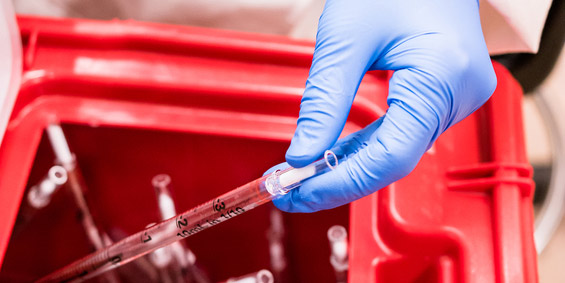Search results for: sharps
Sharps Disposal In Public Spaces for Self-injectors
Safe needle disposal collection containers for public areas is a compliant solution for self-injectors who rely on safe disposal. There are many patients across the country who have to self-inject medication for one reason or another. Thanks to advancement in medical technology, self-injecting is easier and safer than ever. Of course, it poses a health…
Read MoreSharps Waste At Home For Pets
Do you give your cat or dog injectable medication? Here’s how to handle at-home sharps waste. In a hospital or other medical facility, sharps waste is a common byproduct of care for patients. This includes needles, lancets, and scalpels contaminated with human or animal blood or tissue. For a pet owner in a home setting,…
Read MoreICYMI: Plastics As Medical Waste, Sharps Safety Protocol, Expired Medications, and More
Food allergy awareness, plastics as hazardous waste, expired medication, and more on the Red Bags blog for the month of May. Here’s what you missed in medical waste disposal and management this month on the Red Bags blog… Epinephrine Auto Injectors: How Do We Dispose of Them? May is Food Allergy Awareness Month, and for…
Read MoreMay is also Hepatitis Awareness Month. How Is Your Sharps Safety Protocol?
Sharps related injuries are unfortunately still too common. Prevention and training are key factors to mitigating risk of hepatitis. May is designated as Hepatitis Awareness Month in the United States. During the entire month, the CDC works to shed light on this hidden epidemic by raising awareness of viral hepatitis and encouraging safety, vaccination, and…
Read MoreHow Long Can Sharps and Red Bags Be Stored in Patient Areas in the State of New York?
Exactly how long can you hold onto your stored medical waste in New York State? Medical waste packaging and labeling in a facility that deals with regulated medical waste is the responsibility of the facility itself, and it’s up to managers and staff to follow local and federal compliance laws. Packaging includes sharps containers, biohazard…
Read MoreIs Glass Considered Sharps Waste, Even If It’s Not Broken?
Don’t toss that glass in a red bag. Your glass medical waste belongs in a sharps container. Here’s why. One of the most talked about topics in medical waste removal and disposal is sharps waste. Sharps is actually the medical term for a sharp-pointed object that can cut or puncture the skin, and this includes…
Read MoreSharps Disposal 101
Due to their potential to transmit disease, it is important that anyone generating sharps be aware of the requirements for their proper disposal. Improper disposal of medical sharps can cause needlestick injuries and spread infectious diseases, which is why generators need to understand the proper (and approved) methods for safe sharps disposal. In addition to…
Read MoreThe Basics of Sharps Management, and Why Containers Matter
Sharps waste is classified as biohazardous waste and must be carefully handled, which is why the container you use matters. On-site management of regulated medical waste is a multi-pronged issue, as there are state and federal regulations, all of which cover packaging, disposal, handling, and removal. Medical waste packaging and labeling in a facility that…
Read MoreRed Bags Recap: Sharps, Agencies, Classifications, and More!
Keeping up with medical waste news can be difficult, but here we have the stories you may have missed this week from the Red Bags blog. Know Your Sharps Facts To understand the details of medical waste, you should be familiar with some of the compliance facts, and that includes sharps handling and disposal. But…
Read MoreSharps Fact Sheet
To understand the details of medical waste, you should be familiar with some of the compliance facts, and that includes sharps handling and disposal. Sharps is actually the medical term for a sharp-pointed object that can cut or puncture the skin, and this includes needles, syringes, lancets, auto-injectors, and connection needles. According to the World…
Read MoreSharps Waste
Sharps Waste Sharps Waste Sharps Waste Sharps waste is a form of biomedical waste composed of used sharps, which includes any device or object used to puncture or lacerate the skin. Sharps waste is classified as biohazardous waste and must be carefully handled, and disposed of through the use of sharps containers. Sharps containers are specially made containers…
Read MoreWhat’s Going in That Sharps Container?
Sharps containers aren’t just for needles. What else goes in that sharps container? If you’ve ever had blood drawn or received a vaccination at a healthcare facility, then you’ve probably seen the practitioner drop the needle into a sharps container. These containers are crucial for infection prevention; they are rigid, puncture-proof, and have lids that…
Read More
